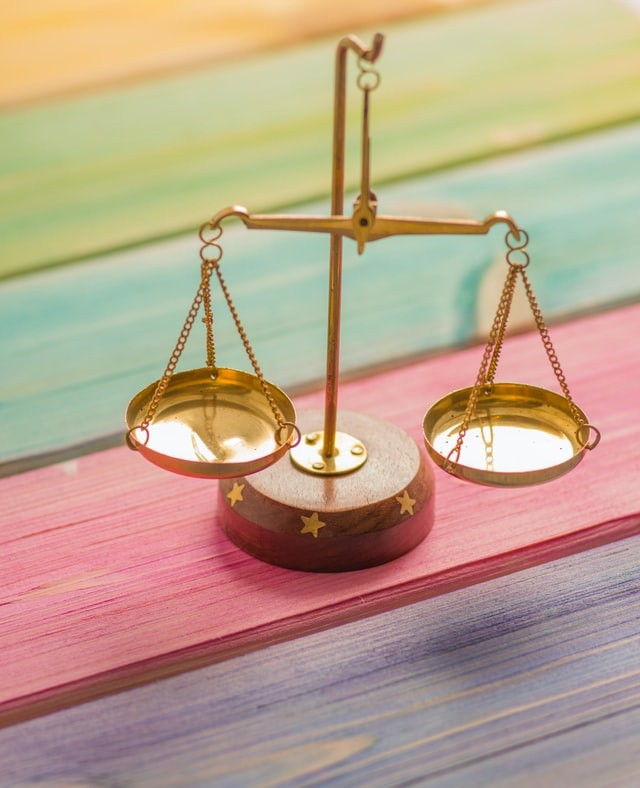
Homeownership has continued to struggle for the past ten years. That saw a massive yet brief change in 2020 due to the pandemic. Because of the vast reduction in spending, interest rates were at record lows. While the gigantic homebuying wave has primarily subsided, homeownership is still at 65.6% in Q2 2021. Now potential homeowners face a challenging dilemma. Should they forego their dream of owning a home in favor of renting for cheaper? Or is it a better idea to double down and buy a house anyway? Here's an extensive comparison of the pros and cons of homeownership.
The Pros of Owning a Home
Purchasing a home is a major decision that takes a lot of consideration. Budding homeowners need to ensure that they're in a good enough financial situation to take out a loan. One of the top home buying tips is to build a solid credit score, which will increase the chances of getting a great loan.
Build equity and improve credit scores
Buying a house is a smart investment in that it builds equity. Instead of losing money paying rent to a landlord, you're investing in a long-term piggy bank of sorts. In general, homes go up in value over time, increasing the chances of profiting when selling.
Also, as long as homeowners keep up with their mortgage payments, their credit will benefit. Of course, credit scores will take a quick hit at the beginning of the loan. Once regular payments get made for a while, the loan will become responsible debt. This kind of debt can help raise credit scores.
Having total control and increased stability
This perk is a big one for homeowners sick and tired of asking landlords for permission to renovate. There are no more restrictions on pets, renovations, number of residents, and more. Homeowners can do with their property what they please. What's more, owning a home is more stable than renting one or an apartment. Also, neighborhoods with permanent residents tend to have stronger social ties and capital. Once the home loan gets paid off, homeowners can stay there without worrying about going broke on rent payments. According to the US Census, homeowners are less likely to move within a year as opposed to renters.
The Cons of Owning a House
Homeownership isn't perfect. As with anything else, there are downsides to owning a home. After learning about the drawbacks, some families may choose to rent instead. The primary downsides of homeownership include expensive costs upfront, maintenance, and having to pay property taxes and insurance.
To qualify for a mortgage, homeowners need to put at least 3% down up front. Also, the lower the down payment, the higher the monthly payments and interest rate will be. A higher down payment is necessary to lower the monthly payment. Homeowners also need to pay their lender closing costs, around 3% of the loan. In addition to a mortgage, homeowners also have to pay HOA fees, homeowners insurance, and property taxes. These are fees that homeowners need to continue to pay even after paying off their loan.
Homes are notorious for costly repairs. A roof replacement, as an example, can cost $20,000 or more. Lots of homeowners try to keep 1%-3% of the total cost of their home available for repairs. The daunting cost of repairs may deter some potential homeowners.
Homeownership can be a double-edged sword for some, with the upfront costs and taxes being too much. For others, the freedom that homeownership provides is well worth the price. It comes down to what people value the most out of their living situation.



